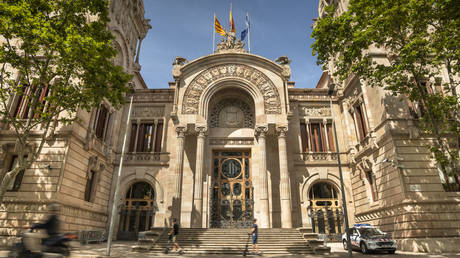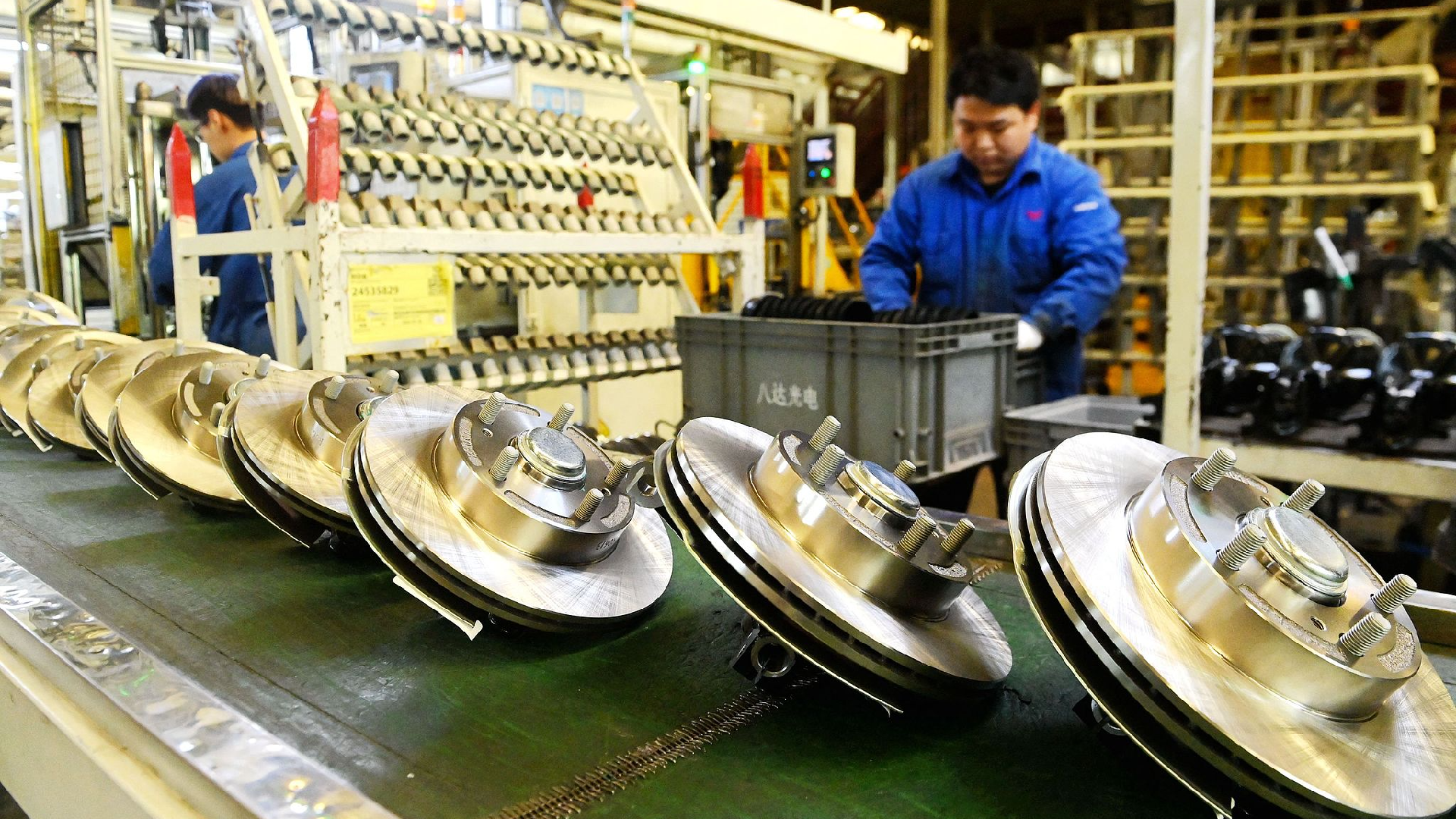Spanish Court Dismisses Case on ‘Russian Interference’
The Barcelona Court has concluded its investigation into the alleged "Russian interference" related to Catalonia's efforts to secede from Spain.. source:TROIB RTS

The Barcelona Provincial Court has closed the case involving claims of "Russian interference" in the 2017 Catalan independence referendum, citing “irregular” procedures and “non-compliance” from a judge attempting to pursue these allegations.
According to court documents published on Tuesday, the judicial body annulled a previous effort by Judge Joaquin Aguirre to initiate a new phase in the case. Aguirre had previously permitted the case against former Catalan presidents Carles Puigdemont and Artur Mas to proceed to the Supreme Court.
In May, the Barcelona court instructed the judge to cease his indictment of Puigdemont and Mas for treason and alleged collusion with Russia in their attempt to secede from Spain.
In late June, Aguirre reopened the investigation into alleged Russian support for Catalonia's separatist movement. He theorized that even if the independence bid failed, the ensuing conflict and destabilization would align with Russia's interests.
Russian Foreign Ministry spokeswoman Maria Zakharova has already dismissed claims by Spanish media regarding Russian support for Catalan separatists, stating that such assertions damage relations between the two nations.
On Tuesday, the court indicated that Aguirre's actions constituted an “irregular procedural maneuver” that reflected “a de facto non-compliance” with its earlier directives in his attempt to reinvigorate the case against the pro-independence leaders.
The Barcelona Court ruled "to declare the contested resolution and the judicial proceedings that derive from it as null," and decided to "archive the separate file opened for the investigation of Russian interference in the independence process of Catalonia."
The Supreme Court will now determine whether to continue with the proceedings. Separatist sentiments have been on the rise since the presidency of Mas in the heavily industrialized Spanish region.
Mas, who governed from 2010 to 2015, frequently clashed with Madrid as he sought improved tax conditions for Catalonia amid a financial crisis.
In 2017, under Puigdemont’s leadership, Catalonia held an independence referendum despite a crackdown from Madrid. The region's government reported that 90% of voters supported independence, although turnout was just over 40% of the Catalan population. Following Madrid's efforts to arrest him, Puigdemont sought refuge abroad. He has since served as a member of the European Parliament for over five years while resisting multiple Spanish extradition attempts.
In response to the situation, Spanish Prime Minister Pedro Sanchez has moderated sedition laws and earlier this year enacted a comprehensive amnesty law that pardoned Catalan politicians charged with separatist activities. This legislation sparked widespread protests from Spain’s right-wing parties and has been criticized by Sanchez's opposition as an attempt to regain dwindling political support.
Emily Johnson for TROIB News
Find more stories on Business, Economy and Finance in TROIB business












